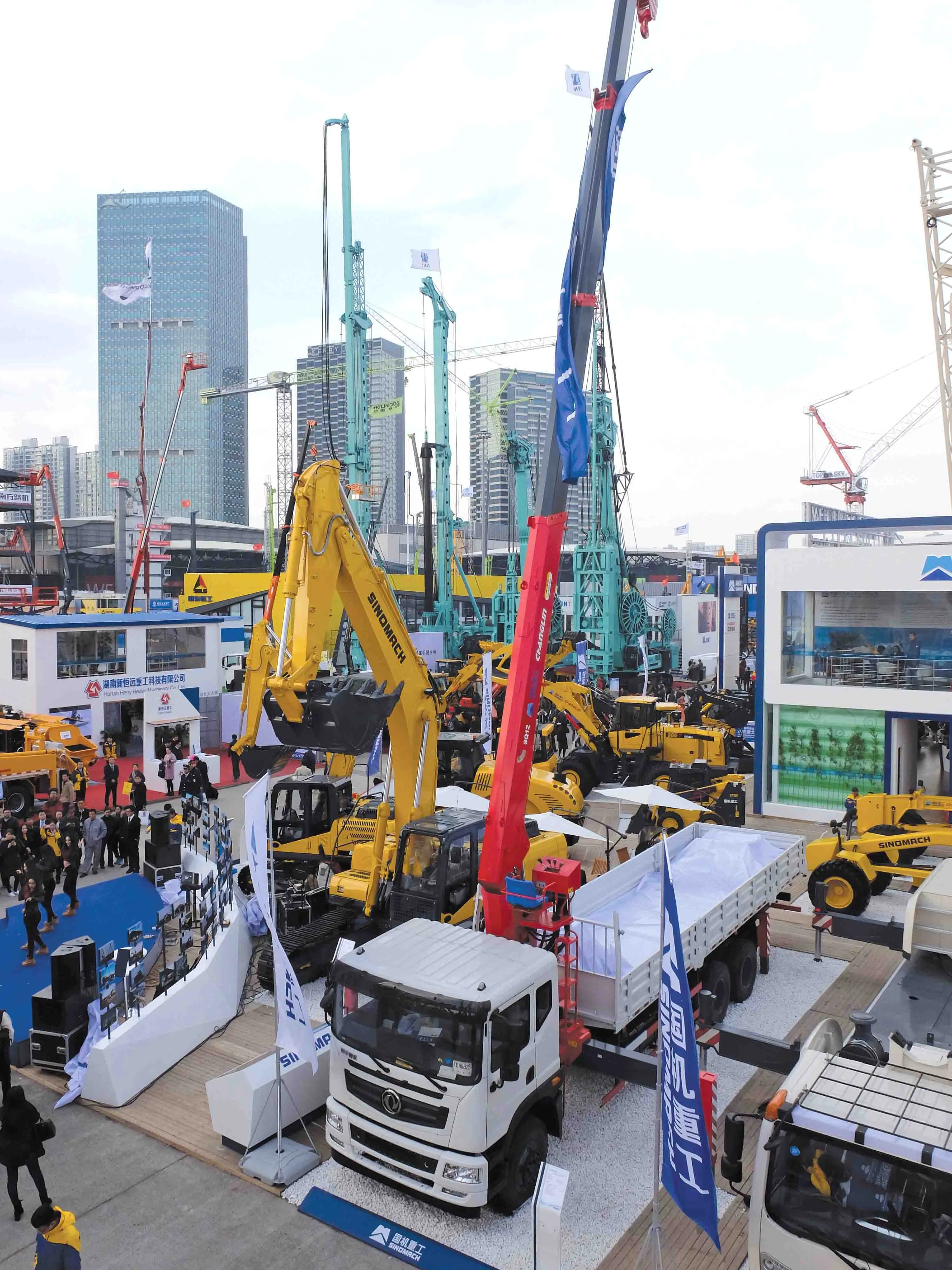Chinese companies are to take part in a number of motorway construction projects in Serbia, according to the country’s ministry of construction and urbanism. The routes will cover a combined 190km and follow the Serbian government’s December 2012 signing of a pre-contract deal for the construction of the Lajkovac-Ljig and Obrenovac-Ub sections of the Corridor 11 motorway, worth US$333 million, with the representatives of the Chinese firm Shandong High Speed Corporation. The two parts are part of the future
January 4, 2013
Read time: 2 mins
Chinese companies are to take part in a number of motorway construction projects in Serbia, according to the country’s ministry of construction and urbanism.
The routes will cover a combined 190km and follow the Serbian government’s December 2012 signing of a pre-contract deal for the construction of the Lajkovac-Ljig and Obrenovac-Ub sections of the Corridor 11 motorway, worth US$333 million, with the representatives of the Chinese firm Shandong High Speed Corporation. The two parts are part of the future motorway between Belgrade and the Montenegrin border, and the Corridor 11 motorway which will connect Temisvar in Romania, through Belgrade and the Bar Port with the Italian town Bari.
The building of the Lajkovac-Ljig and Obrenovac-Ub Corridor 11 motorway sections will be financed from an already approved loan from China, at the interest rate of 2.5%.
Meanwhile Verica Kalanovic, Serbia's minister for regional development and local self-government, has signed a $846.39 million pre-contract deal with the Chinese Corporation for Roads and Motorways (CRBC) for the construction of the 27km Novi Sad-Ruma motorway and the 109.6km Pojate-Preljina motorway of 109.6km.
The routes will cover a combined 190km and follow the Serbian government’s December 2012 signing of a pre-contract deal for the construction of the Lajkovac-Ljig and Obrenovac-Ub sections of the Corridor 11 motorway, worth US$333 million, with the representatives of the Chinese firm Shandong High Speed Corporation. The two parts are part of the future motorway between Belgrade and the Montenegrin border, and the Corridor 11 motorway which will connect Temisvar in Romania, through Belgrade and the Bar Port with the Italian town Bari.
The building of the Lajkovac-Ljig and Obrenovac-Ub Corridor 11 motorway sections will be financed from an already approved loan from China, at the interest rate of 2.5%.
Meanwhile Verica Kalanovic, Serbia's minister for regional development and local self-government, has signed a $846.39 million pre-contract deal with the Chinese Corporation for Roads and Motorways (CRBC) for the construction of the 27km Novi Sad-Ruma motorway and the 109.6km Pojate-Preljina motorway of 109.6km.








